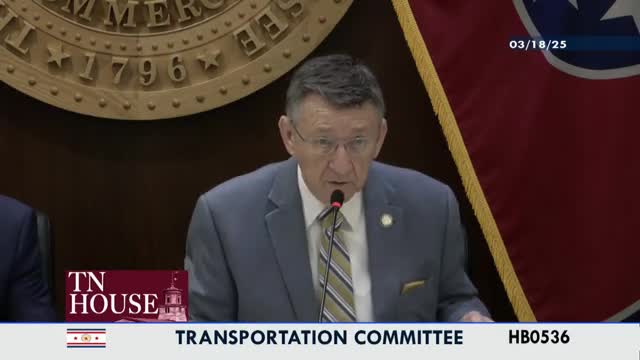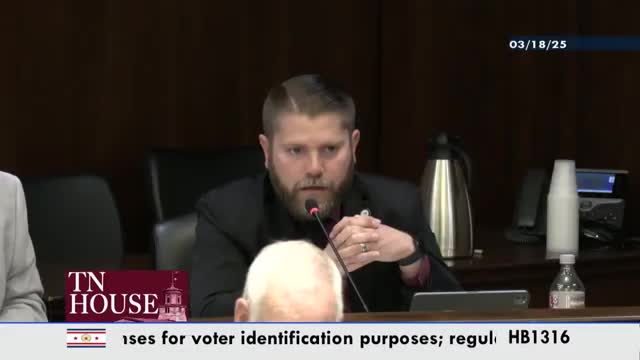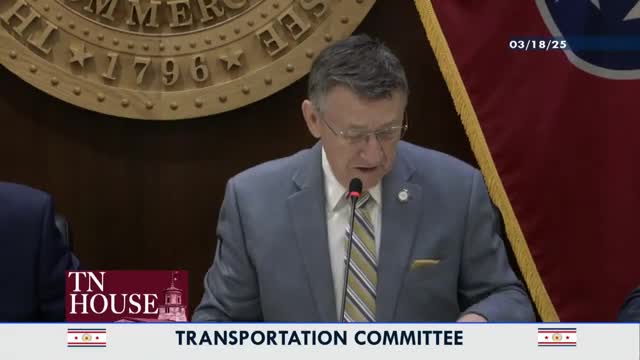Article not found
This article is no longer available. But don't worry—we've gathered other articles that discuss the same topic.

Committee hears testimony from Mechanics on a Mission, rolls titling language to January 2026 calendar

Committee advances bill adding safeguards for mobile driver's licenses after Department of Safety testimony

